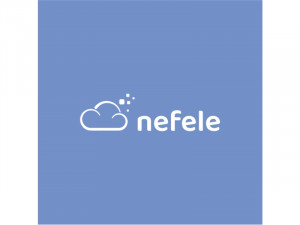 On June 6, 2022, the School of Psychology and Speech Therapy (Salón de Grados) in Spain hosted the second meeting of the NEFELE project partners – Neet prevention in Educational systems through positive Future vision Enhancing Learning and teacher Education. The meeting was attended live by partners from the University of Naples (UNINA), the University of Valencia (UVEG), the University of Applied Sciences and Arts of Southern Switzerland (SUPSI) and members of the DAISSy research team of the Hellenic Open University (ΗOU) and start-up SMARTED SRL. Partners from EADTU University and also members of the DAISSy research team participated online.
On June 6, 2022, the School of Psychology and Speech Therapy (Salón de Grados) in Spain hosted the second meeting of the NEFELE project partners – Neet prevention in Educational systems through positive Future vision Enhancing Learning and teacher Education. The meeting was attended live by partners from the University of Naples (UNINA), the University of Valencia (UVEG), the University of Applied Sciences and Arts of Southern Switzerland (SUPSI) and members of the DAISSy research team of the Hellenic Open University (ΗOU) and start-up SMARTED SRL. Partners from EADTU University and also members of the DAISSy research team participated online.
The meeting started with an overview of the project and the work that is in progress or is expected to start in the near future. Afterwards, it was presented the effect of teachers as well as the importance of well-being on the professional development of adolescents. During the meeting the partners discussed, among other technical issues, the methodology of creating Tangible User Interfaces (TUIs-Tangible User Interfaces) and their utilization.
As the DAISSy Research Team of the Hellenic Open University will be the partner that will coordinate the development of the educational material and will technically support the creation of the educational videos, was presented by A. Kameas, Professor of EAP and Scientific Officer, material on how the Massive Open Online Courses (MOOCs) can be developed and some example of previous MOOCs that has been created for other projects. The partners agreed on the value of the courses and discussed the design of the basic learning modules that will be developed during the program.
The meeting closed with the communication policy in terms of an effective dissemination of the project results and the optimization of the platform.
The next day, on June 7, the hybrid multiplier event of the project took place also, at the School of Psychology and Speech Therapy (Salón de Grados), where it was open to the public by registering on the respective website. At the event, basic information of the NEFELE project (framework, objectives, etc.) and its results so far were presented. Then a presentation was conducted on the role of teachers in the professional development of adolescents and how the method of Positive Psychology promotes well-being.
Finally, there was a presentation on the widespread use of Tangible User Interfaces (TUIs) and how they will be used in the project.
For more information on the NEFELE project and other DAISSy projects and activities:
- Website: http://daissy.eap.gr/en/ https://www.nefele-project.eu/
- Facebook : @DAISSyResearchGroup
- Linkedin: https://www.linkedin.com/in/daissyresearchgroup/
- Twitter : https://twitter.com/daissy_research #NEFELE_EU
- Instagram: @daissy_researchgroup @nefeleprojecteu
- Email : info@daissy.eap.gr

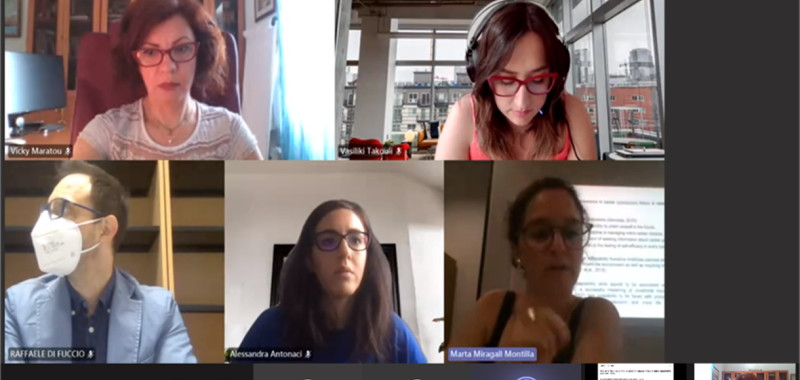
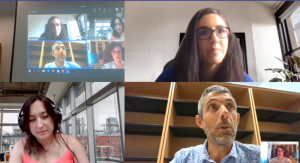
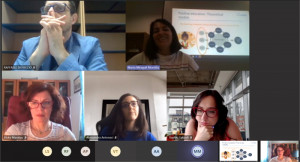
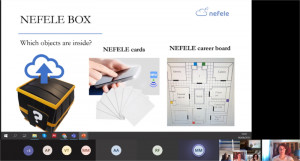
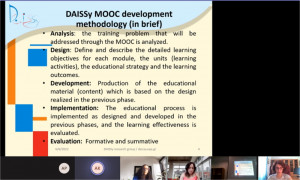
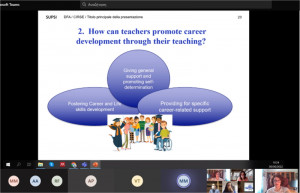
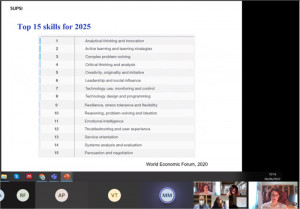
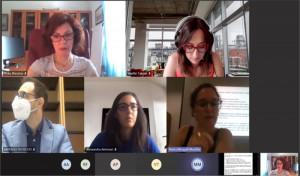
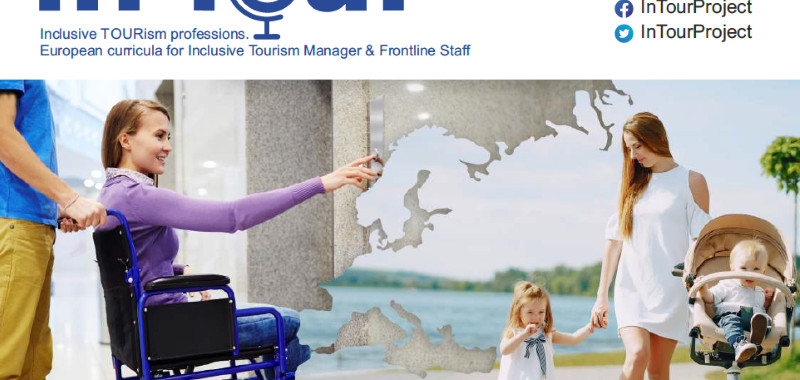
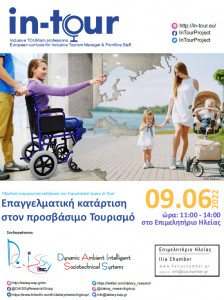
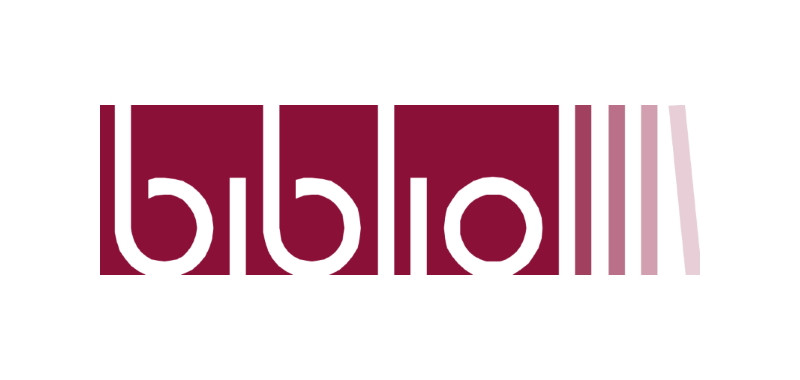
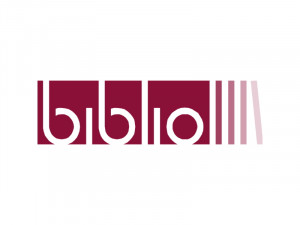 The
The 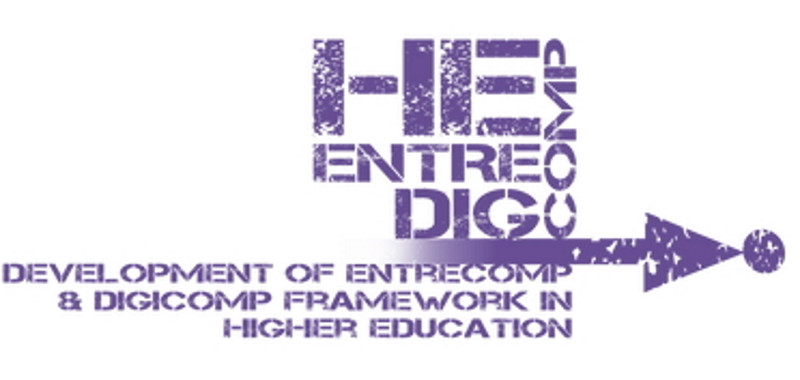
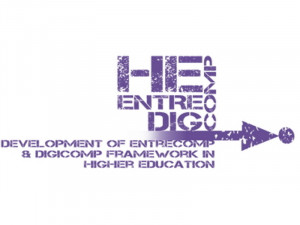 Η ερευνητική ομάδα DAISSy του Ελληνικού Ανοικτού Πανεπιστημίου διοργανώνει HACKATHON Event στη Λάρισα με θέμα τους 17 Στόχους Βιώσιμης Ανάπτυξης των Ηνωμένων Εθνών. Η διοργάνωση θα λάβει χώρα στις 19 και 20 Μαΐου 2022 και η DAISSy προσκαλεί όλους τους φοιτητές και τις φοιτήτριες Τριτοβάθμιας Εκπαίδευσης να συμμετέχουν σε αυτή.
Η ερευνητική ομάδα DAISSy του Ελληνικού Ανοικτού Πανεπιστημίου διοργανώνει HACKATHON Event στη Λάρισα με θέμα τους 17 Στόχους Βιώσιμης Ανάπτυξης των Ηνωμένων Εθνών. Η διοργάνωση θα λάβει χώρα στις 19 και 20 Μαΐου 2022 και η DAISSy προσκαλεί όλους τους φοιτητές και τις φοιτήτριες Τριτοβάθμιας Εκπαίδευσης να συμμετέχουν σε αυτή.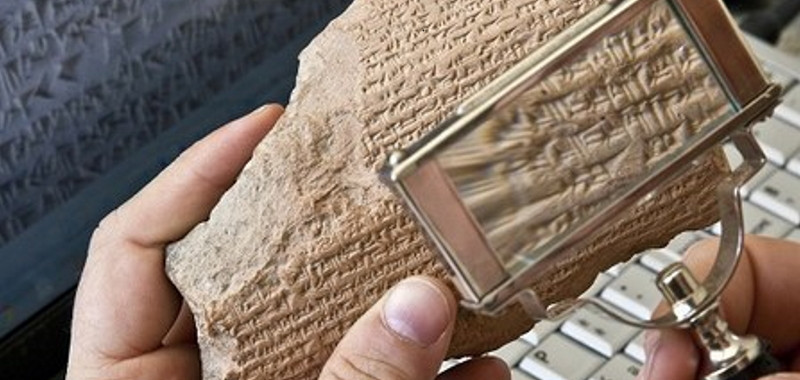
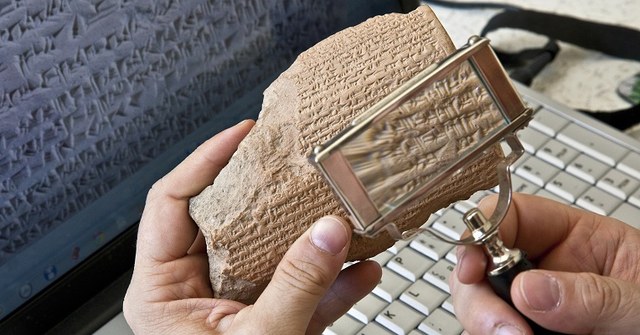
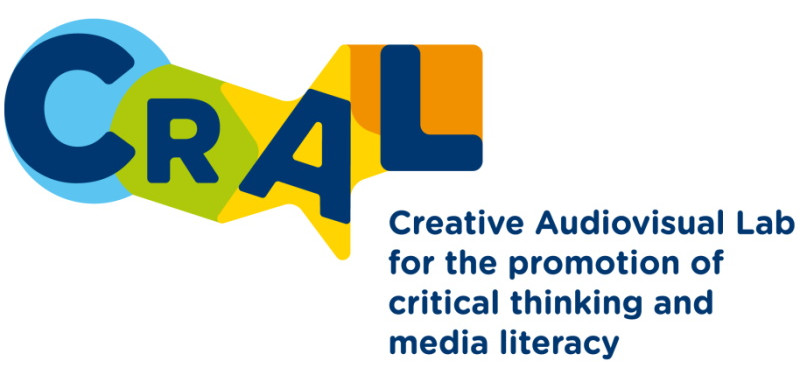
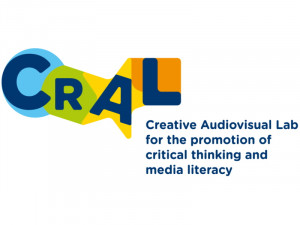
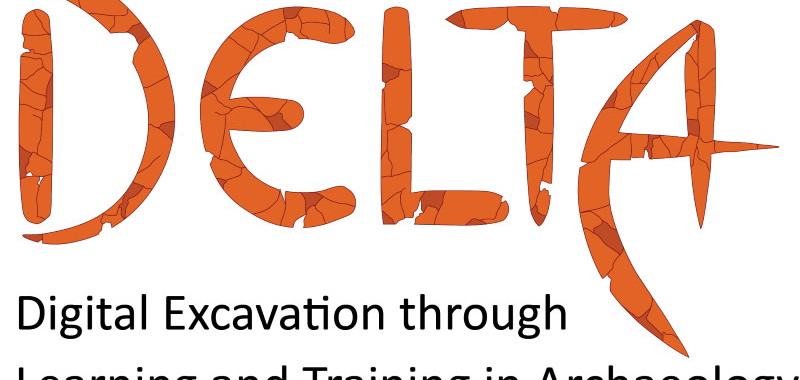
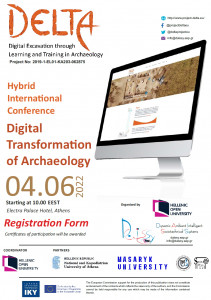
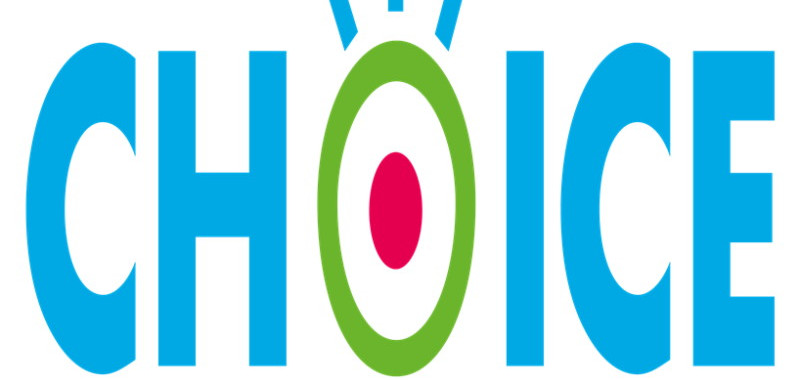
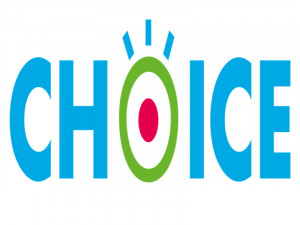 The inaugural online meeting of the CHOICE project, co-financed by the European Commission Erasmus +, took place on 14 January 2022 in Rome, Italy. The DAISSy research team participates in n the Consortium through Computer Technology Institute and Press “Diophantus”.
The inaugural online meeting of the CHOICE project, co-financed by the European Commission Erasmus +, took place on 14 January 2022 in Rome, Italy. The DAISSy research team participates in n the Consortium through Computer Technology Institute and Press “Diophantus”.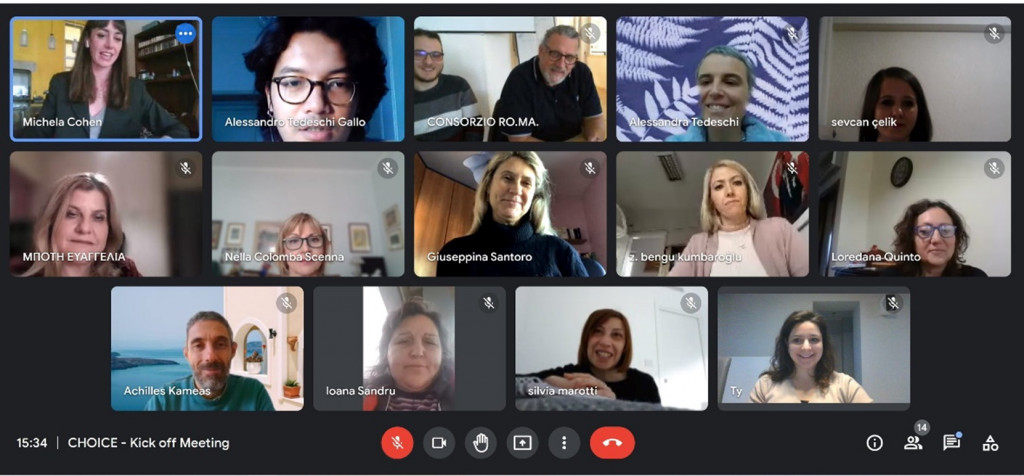
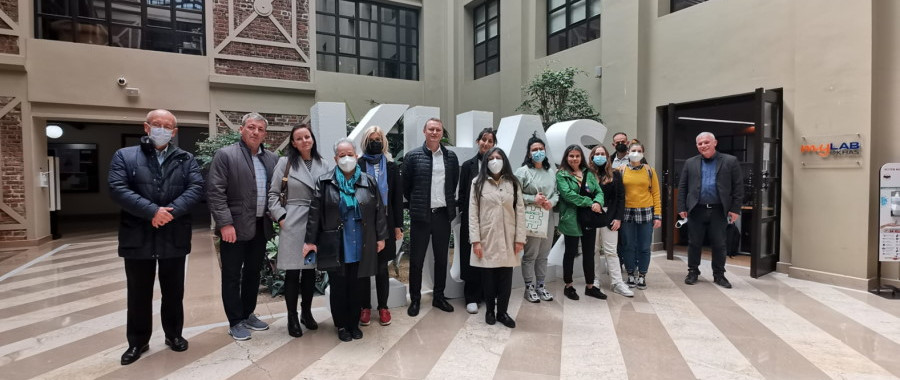
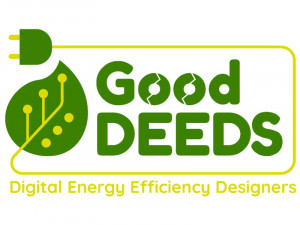 Η ερευνητική ομάδα
Η ερευνητική ομάδα 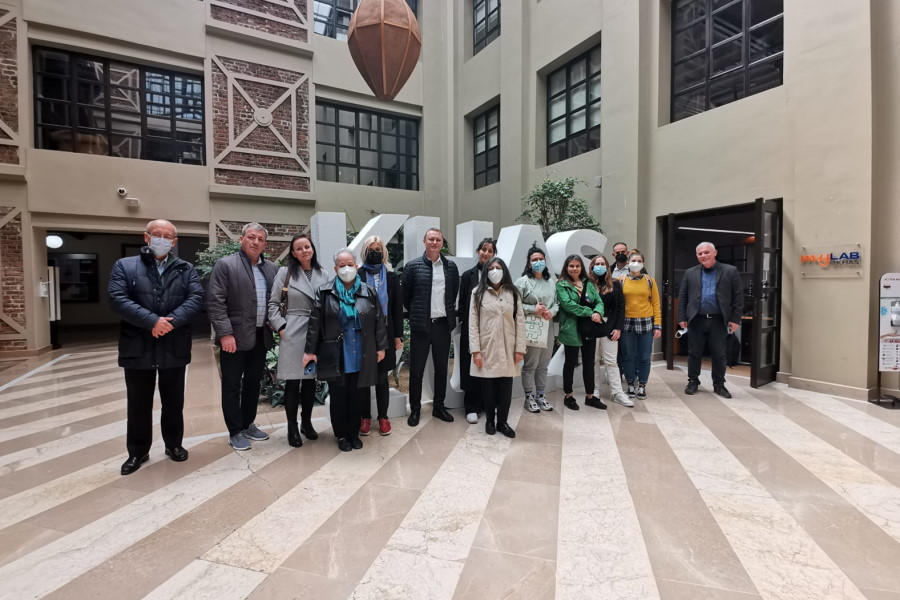
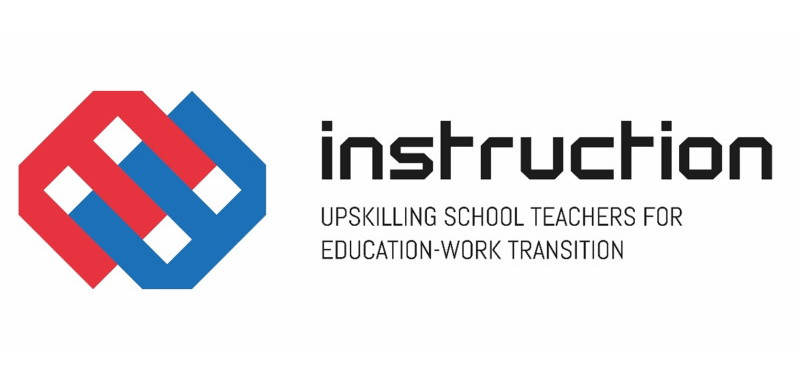
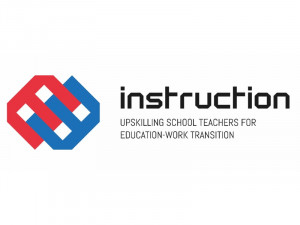 On March 31, 2022, the INSTRUCTION project (Upskilling school teachers for education-work transition), in which the DAISSy research group of the Hellenic Open University participated was successfully completed. The duration of the project was two years and was funded under the program Erasmus + / KA2 / Strategic Partnerships for Higher Education. The project consortium included 6 partners from 4 European countries (Greece, Italy, Portugal and Romania) and aimed to create an innovative teaching model to facilitate students’ transition from education to the world of work; and to strengthen the link between schools and business.
On March 31, 2022, the INSTRUCTION project (Upskilling school teachers for education-work transition), in which the DAISSy research group of the Hellenic Open University participated was successfully completed. The duration of the project was two years and was funded under the program Erasmus + / KA2 / Strategic Partnerships for Higher Education. The project consortium included 6 partners from 4 European countries (Greece, Italy, Portugal and Romania) and aimed to create an innovative teaching model to facilitate students’ transition from education to the world of work; and to strengthen the link between schools and business.